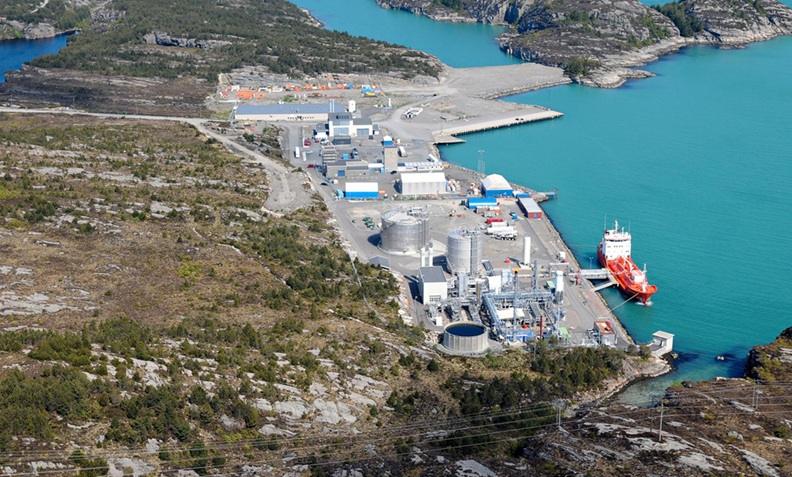PwC Targets Net Zero Emissions by 2030
PwC today announced that it is committing to reaching net zero greenhouse gas (GHG) emissions globally by 2030. The professional services giant made the pledge as part of a series of sustainability initiatives, including helping to decarbonise its supply chain, embedding ESG factors in the work it does with clients, and supporting efforts to develop ESG reporting frameworks and standards.
Bob Moritz, Global Chairman of the PwC network, said:
“Businesses and economies must evolve quickly to address the significant challenges facing our societies and our planet. Whether you look at this through the lens of human need or from a capital allocation perspective, it is in the interests of everyone that we see systemic change that averts climate catastrophe and unlocks the potential of green growth.
“A net zero world is within reach. Getting there will take innovation, hard work, collaboration and bold thinking but the benefits will be immense. The business community has a responsibility to act and we are determined to play our part, not just in our own operations and supply chain, but also in the way we advise and support our clients to create a sustainable world for future generations.”
PwC committed to decarbonising its own operations, and setting a science-based target aligned with a 1.5°C trajectory. The firm stated that it will reduce its total greenhouse gas emissions by 50% in absolute terms by 2030, including a switch to 100% renewable electricity in all territories, as well as energy efficiency improvements in its offices. To offset remaining emissions, PwC will invest in carbon removal projects, including natural climate solutions.
A significant portion of the reduction will be in business travel, with flights alone currently representing around 85% of the network’s total carbon footprint. According to PwC, the COVID-19 pandemic has accelerated the shift to remote working and demonstrated the feasibility of new client service models, as part of a longer-term transformation of the firm’s services.
PwC stated that it will also help other organizations in their own net zero journeys, utilizing the firm’s extensive business network. This will include infusing science-led climate analysis into its areas of service. As an example, the firm said that its Advisory practice is integrating climate risks into relevant engagements, providing clients with insights about climate risks and opportunities as well as helping them to transform their business processes.
To support these efforts, PwC announced new executive appointments, including Peter Gassmann to lead the new global Environmental, Social and Governance practice, and Nadja Picard as PwC’s new Global Reporting Leader, driving the network’s support for clients to incorporate non-financial disclosures in their corporate reporting.
PwC stated that in response to the increasing need for consistent, comparable ESG standards for investors and other stakeholders, the firm will support initiatives to develop transparent and robust standards and frameworks. These efforts include working with the World Economic Forum International Business Council, the Financial Stability Board’s Task Force on Climate-related Financial Disclosures (TCFD), the International Integrated Reporting Council (IIRC), the Global Reporting Initiative (GRI), and the Sustainability Accounting Standards Board (SASB), amongst others.
Finally, the firm announced that it will soon launch “Building Blocks for Net Zero Business Transformation,” a practical guide aimed at business executives to help companies of all sectors and sizes move from net zero pledges to wholescale business transformation. The firm stated that the research has been produced in association with Microsoft, who PwC advises on net zero transformation, as a contribution to the recently launched CEO-led Transform to Zero initiative.
Moritz said:
“An important lesson of COVID-19 is that people can find ways to do the impossible when they have to, and we are taking some of that spirit into our efforts to tackle the global climate crisis. The changes we need to make will not be easy, but are nothing compared to the harm that runaway climate change would inflict on society. We are excited about working together, with clients, with partners and all of our stakeholders, to achieve our goals and play our part to support global efforts to help address the impacts of climate change for a more sustainable and fairer world.”





